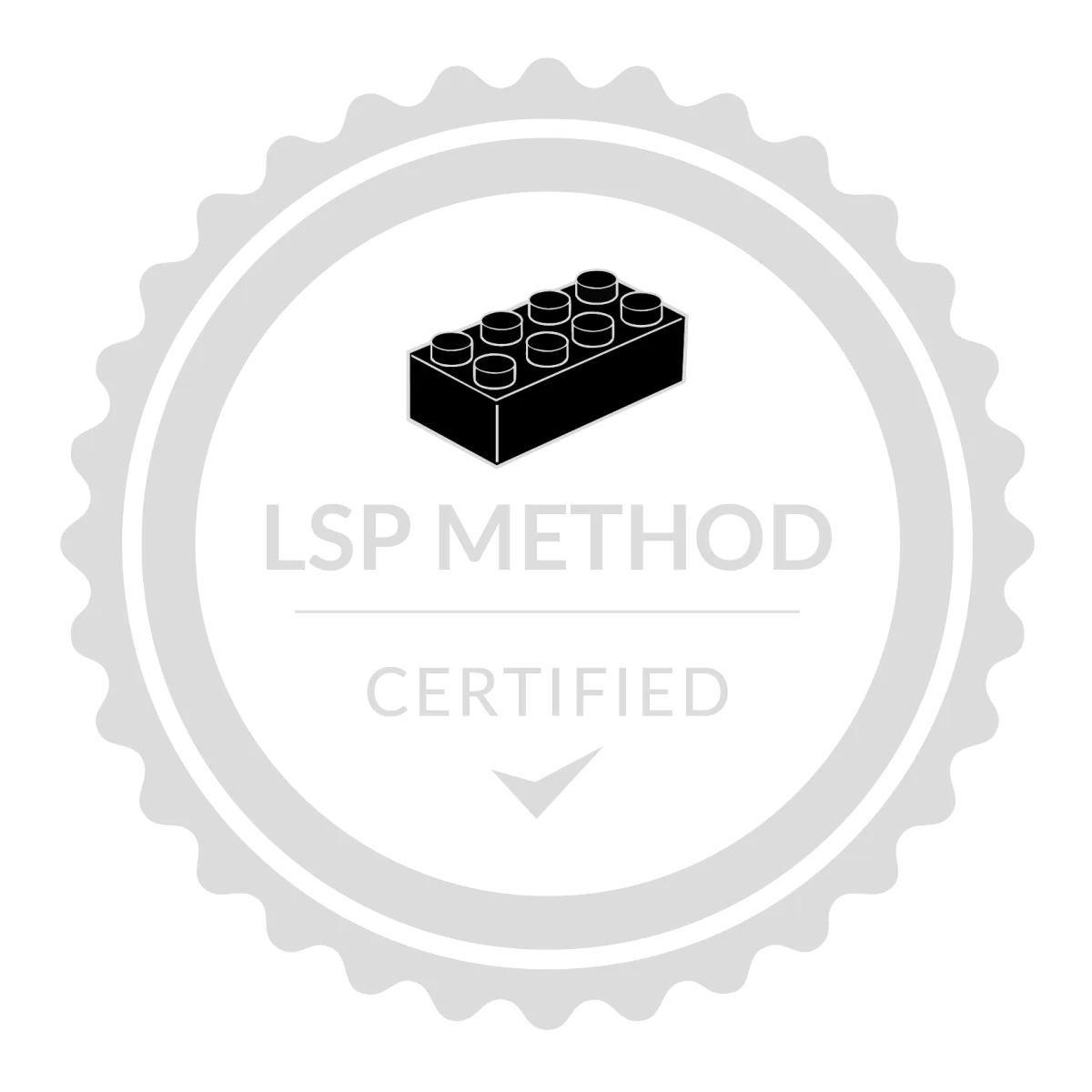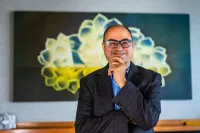Blog - Reflejos

Reflexiones
Reflexiones

The last few weeks have been rough for me as a man of color raising biracial children.
I am struggling to find the words to say to my children during this time and process my own feelings about what is happening in our country.
My first reaction was to lament or express deep sorrow for the climate we find ourselves in. Soong Chan Rah wrote in his book Prophetic Lament:
"Lament recounts a historical suffering. Lament stems from an acute experience of pain, be it physical, emotional, or spiritual. It is the human response to anguish and adversity, and is not bound by the rules of praise. Instead, lament can take the form of complaint, in the sense of bemoaning the troubles one has undergone . . . [and] complaint in the sense of arguing with and complaining to God about one’s situation and protesting its continuation. Lament is an act of protest as the lamenter is allowed to express indignation and even outrage about the experience of suffering. The lamenter talks back to God and ultimately petitions him for help, in the midst of pain. The one who laments can call out to God for help, and in that outcry there is hope and even the manifestation of praise."
Emerging from my time of lament I was moved to acknowledge my privilege. Although I am a member of an ethnic minority group, I have the privilege of being White-presenting, a U.S. citizen, middle class, have access to healthcare, and do not speak with an accent. In my role as a senior level administrator I have been at the decision-making table. This is privilege. The question I asked myself is: how will I use this privilege to bring about the systemic change that our churches, organizations, and government need? I ask you that same question. How are you going to use the privilege you have to influence and advocate for the much-needed change our system needs?
In the many presentations I have given about immigration reform I have shared a section from Martin Luther King’s Letter from a Birmingham Jail. His letter was in response to Christian leaders telling him to scale back his protests.
Injustice anywhere is a threat to justice everywhere. We are caught in an inescapable network of mutuality, tied in a single garment of destiny. Whatever affects one directly affects all indirectly. Never again can we afford to live with the narrow, provincial "outside agitator" idea. Anyone who lives inside the United States can never be considered an outsider.
YOU express a great deal of anxiety over our willingness to break laws. This is certainly a legitimate concern. Since we so diligently urge people to obey the Supreme Court's decision of 1954 outlawing segregation in the public schools, it is rather strange and paradoxical to find us consciously breaking laws. One may well ask, "How can you advocate breaking some laws and obeying others?" The answer is found in the fact that there are two types of laws: there are just laws, and there are unjust laws. I would agree with St. Augustine that "An unjust law is no law at all."
Now, what is the difference between the two? How does one determine when a law is just or unjust? A just law is a man-made code that squares with the moral law, or the law of God. An unjust law is a code that is out of harmony with the moral law. To put it in the terms of St. Thomas Aquinas, an unjust law is a human law that is not rooted in eternal and natural law. Any law that uplifts human personality is just. Any law that degrades human personality is unjust.
I would encourage you to read the letter in its entirety as it is pertinent to the time we find ourselves in today. I believe it is a reminder that we are called to action and we cannot sit idly by as White people or people of privilege and allow what continues to happen to our Black brothers and sisters at the hands of a system that has allowed seen and unseen prejudice, bigotry, and racism to thrive.
I am also reminded by bell hooks that action is necessary: “Heightened awareness often gives the illusion that a problem is lessening. This is most often not the case. It may mean simply that a problem has become so widespread it can no longer remain hidden or be ignored.” Just as many have said, this type of violence toward Black and People of Color has always been happening; the difference is that it is being caught on video.
I feel called to action by what Malcolm X once said: “I believe that there will ultimately be a clash between the oppressed and those that do the oppressing. I believe that there will be a clash between those who want freedom, justice and equality for everyone and those who want to continue the systems of exploitation.”
We are at what Dr. Brenda Salter McNeil so powerfully named years ago a Kairos Moment in our history. Although many years have passed since Dr. Brenda gave that sermon, I remember it vividly and am reminded that we are again at a Kairos Moment in this country and the world.
Let us NOT MISS out on this opportunity to initiate sustainable change, for as Esther 4:14 (“…for such a time as this?”) infers, this is time to act!
Let us as people take the moment and leverage all the influence and privilege we have to do what Ghandhi said: “Be the change you wish to see in the world.”






